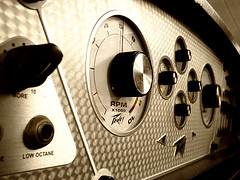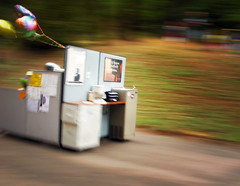There are as many sounds that can come out of a guitar as their are broken 1/4" instrument cables. that said there are some basics that from my experience elude most players and FOH sound people. There is nothing like the feel of a creamy, crunchy guitar filling in the dynamic middle of a great mix. nothing. Unfortunately that's what most congregations hear from the guitars in many services I've experienced. nothing.
this post hopes to spark a revolution in how we all think about this slightly dangerous instrument and its over-driven partners in crime.
Here's the chain. In the posts and comments ahead I hope to see this labyrinth of forces navigated and understood by all who play a role in delivering a creamy, nuanced guitar vibe to the ears and hopefully hearts of worshippers.
Milestones along the way include:
- guitar - pickups - single coils, humbuckers, passive, active, split, parallel,....
- stomp box - there are countless forums online about this topic. To get a glimpse of how deep this art is check out a study of the Edge's delay.
- amps - my personal crusade is to bless every worship service with the warm goo that emerges only from a nice tube driven amp
- pods and multi-effect units - I call this out since in many ways they are used as hybrids of stomp boxes and amps
- cabinets - closed back, combos, silent cabinets
- mics and mic placement on amps
- mixing the guitar sound with FOH sound
- monitoring - floor monitors, the amp itself, how to accurately feel what you are delivering FOH.


